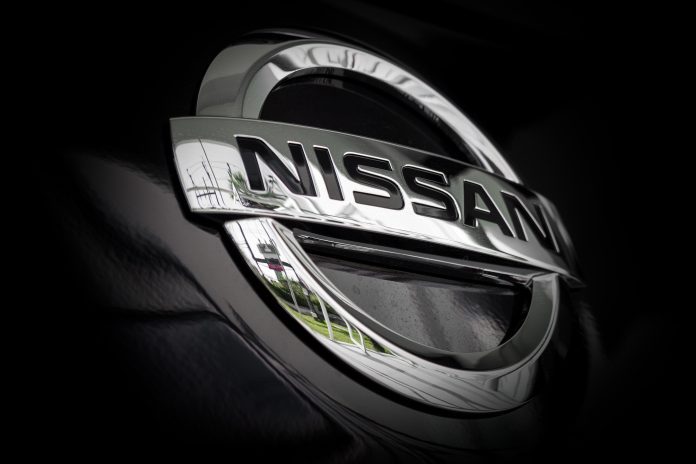Nissan has cut planned production by a third at its top Japanese plant, the Kyushu facility, for this month due to weak U.S. demand for its aging vehicle lineup. This move will significantly reduce the output of the flagship Rogue crossover model, with production at Kyushu set to just under 25,000 vehicles, including around 10,000 Rogues for export, half of the previously planned amount.
The reduction comes as Nissan struggles with an almost complete wipe-out in April to June profits and has slashed its full-year outlook. The automaker has faced deep discounts in the U.S. to move inventory, underscoring the risks in its largest market. Unlike its rivals Toyota and Honda, Nissan doesn’t offer hybrid models in the U.S., missing out on the rising demand for hybrids as enthusiasm for EVs cools.
Workers at the Kyushu plant are now clocking fewer than the usual eight hours a day due to the scaled-back production. Nissan’s build-up of 2023 Rogue models in the U.S. has also created challenges in selling these vehicles with the rollout of the 2024 model. Aggressive incentives were needed to clear out the 2023 inventory while holding back promotions for the higher-margin 2024 model.
Moreover, Nissan aims to launch 30 new models over the next three years, intending to raise global sales by 1 million vehicles and cut costs to improve profitability. However, analysts like Seiji Sugiura from Tokai Tokyo Intelligence Laboratory express skepticism about reaching these targets, particularly in the U.S. market, where Nissan lacks brand power.
Despite selling two EV models in the U.S., Nissan’s absence of hybrids in the market has been a strategic misstep. Analysts at Goldman Sachs note that Nissan’s hybrid launch in the U.S. is not expected until 2026, further delaying its competitiveness in the hybrid segment.
Nissan’s global inventory now stands at 640,000 vehicles, the highest in over four years. The company’s struggles in the U.S. add to its challenges in China, where market share has been shrinking amidst rising competition from local manufacturers like BYD. As prospects in China diminish, Nissan’s dependence on the U.S. market grows, adding pressure on the automaker to adjust its strategy and product offerings.






